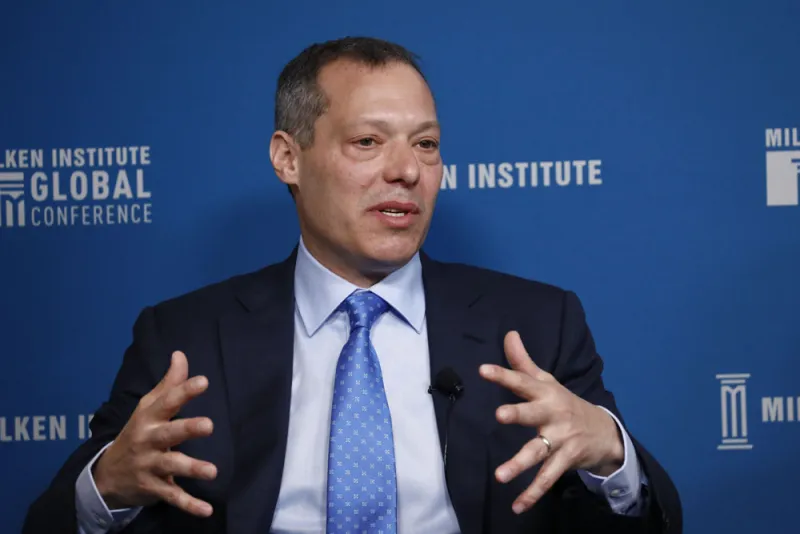BlackRock and Wells Fargo & Co. are backing a soon-to-be-launched stock exchange.
Members Exchange is expected to announce Tuesday that it has received $65 million in strategic financing from BlackRock, Wells Fargo, Flow Traders, Manikay Partners, and Williams Trading. The investment comes on the heels of a May 5 statement from the company that it has received approval from the Securities and Exchange Commission to operate a national securities exchange.
In total, Members Exchange has raised $135 million. Previous investors include JPMorgan Chase & Co., Goldman Sachs Group, Citadel Securities, and Charles Schwab Corp.
According to Jonathan Kellner, chief executive officer of the Members Exchange, BlackRock is its first member from the buy-side.
“Our goal is to establish an exchange for all,” Kellner said in a phone interview. “With this round, we tried to bring in the one constituency that didn’t have a representative, which was the buy-side.”
The exchange is expected to launch during the third quarter, although the timing has been delayed by the coronavirus pandemic, according to an announcement last month posted on Members Exchange’s website. The company had originally planned the launch for July 24.
So why launch a new stock exchange?
“The reason for us coming about is because they feel like there needs to be more competition in the exchange space,” Kellner said, adding that about 97 percent of exchange flow is controlled by three companies. More competition would mean more pressure on fees and could bolster technological innovation, according to Kellner. There’s another reason its members are interested in the exchange.
“They want to have a voice in the market structure debate,” Kellner said. “The exchanges have a very strong voice in the market structure debate. The investors feel like the members should have a bigger voice in that debate.”
[II Deep Dive: New York Stock Exchange Blasts Proposal Favored by Pensions]
Kellner said that members want to have a say when it comes to decision-making around governance, market data, or market resiliency topics like circuit breakers. The SEC usually goes to exchange providers with questions on these matters.
“It’s just making sure that the members’ voices are reflected in these debates,” Kellner said.







